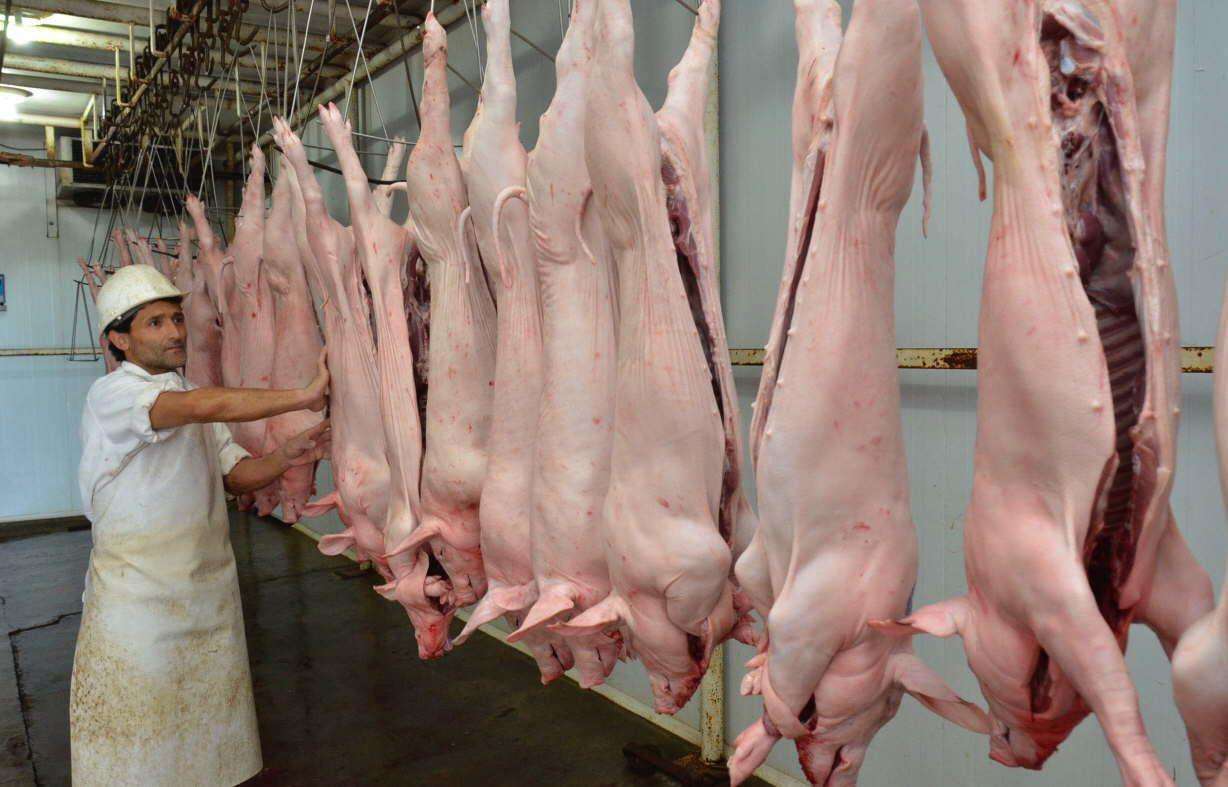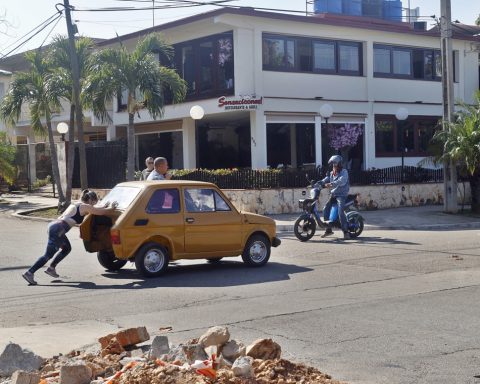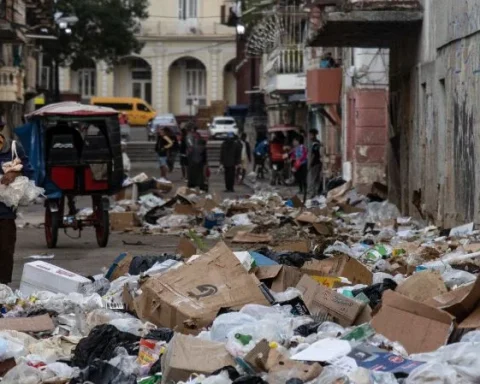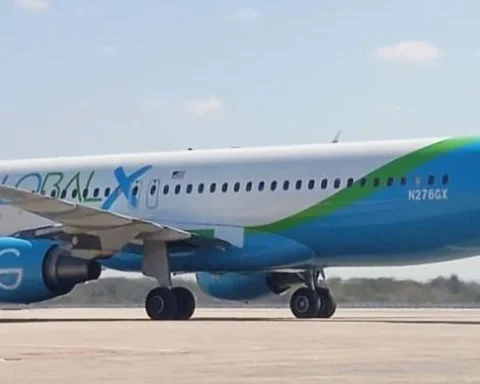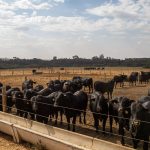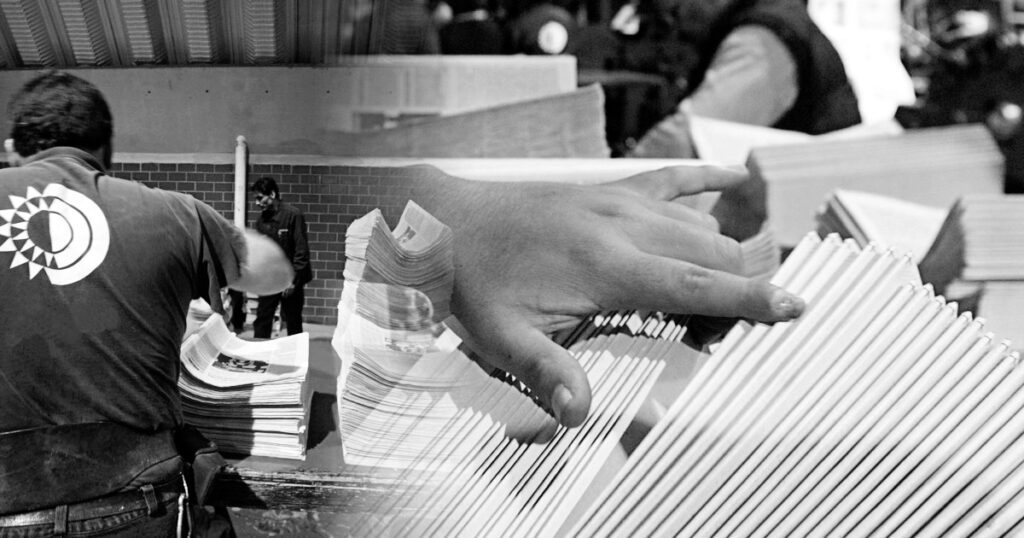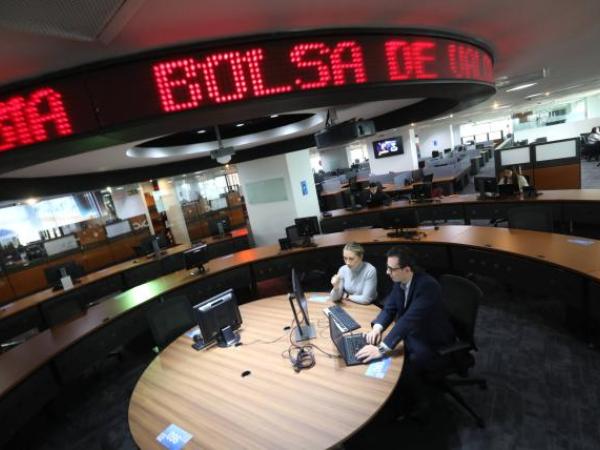He Ministry of Agriculture of Cuba (Minag) announced this Tuesday the incorporation of 59 businesses with possibilities for the foreign investment in the agricultural sector, and that would be located in multiple localities of the country.
Orlando Díaz, director of International Relations of the Minag, informed in a press conference that these projects are added to those presented in the Portfolio of Opportunities during the most recent International Fair of Havana, (Fihav 2022), according to a report from the Prensa Latina (PL) agency.
The press conference by the Director of International Affairs of the Ministry of Agriculture begins right now. He explains the Business Portfolio and opportunities for foreign investment in the agricultural sector. #CubanAgriculture #Cuba #BestIsPossible pic.twitter.com/Y45simGAKn
— Luis Montero Mustelier (@LuisMonteroMus1) February 7, 2023
Three announced proposals now have agricultural cooperatives as potential business partners for the production and marketing of pork, chicken, and milk. There are also other projections aimed at local development, added the manager.
In addition, he highlighted that among the many advantages of investing in Cuba are the Single Window at the Ministry of Foreign Trade and Foreign Investment, the free transfer of dividends abroad, the special business approval regime (60 days), the simplification of documentation and political stability in the country.
According to the above, 16 projects focus on the livestock sector and another 14 on agroforestry. Other branches were included such as flora and fauna (9), those related to the company Labiofam SA (3), the agricultural and forestry sector of the Artemisa province (3) and those linked to Minag Logistics (2), refers to the half.
The agriculture authorities in Cuba maintained that the strategies developed are intended to promote the investment of foreign capital in the sector through flexible formulas, as well as to achieve a dynamic and beneficial exchange for both parties.
In turn, they recognized that the challenges of the sector include increasing production, reducing imports, producing for export, increasing domestic supply, efficient use of resources, reducing the city-country gap and reducing the prices paid by the population. for agricultural products.
Senior officials recently admitted that by the end of 2022 foreign investment in the Cuban agriculture showed results far removed from the needs of the economy, plunged into a deep crisis that worsened with the impact of the COVID-19 pandemic, the increasing sanctions imposed by the United States and the little effect of some of the measures adopted by the government Cuban to overcome the complex situation.
According to official figures, Cuba needs to import about 80% of the food it consumes, and only 48.7% of the arable land is planted.
The yields in food production in recent years have been far from the levels expected by the authorities, even in crops such as sugar and tobacco.
The Government recently approved the Food Security Law and implemented a group of measures aimed at promoting agri-food development, but its results so far have been little short of discreet.
